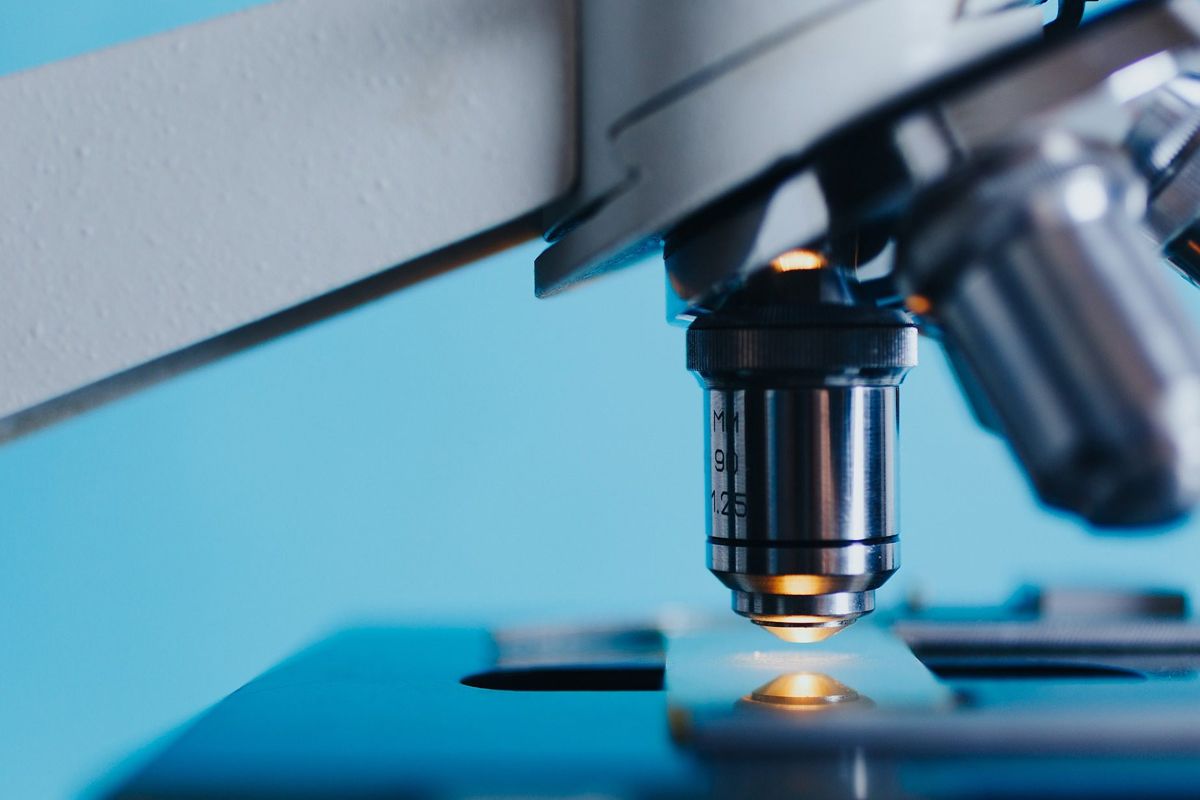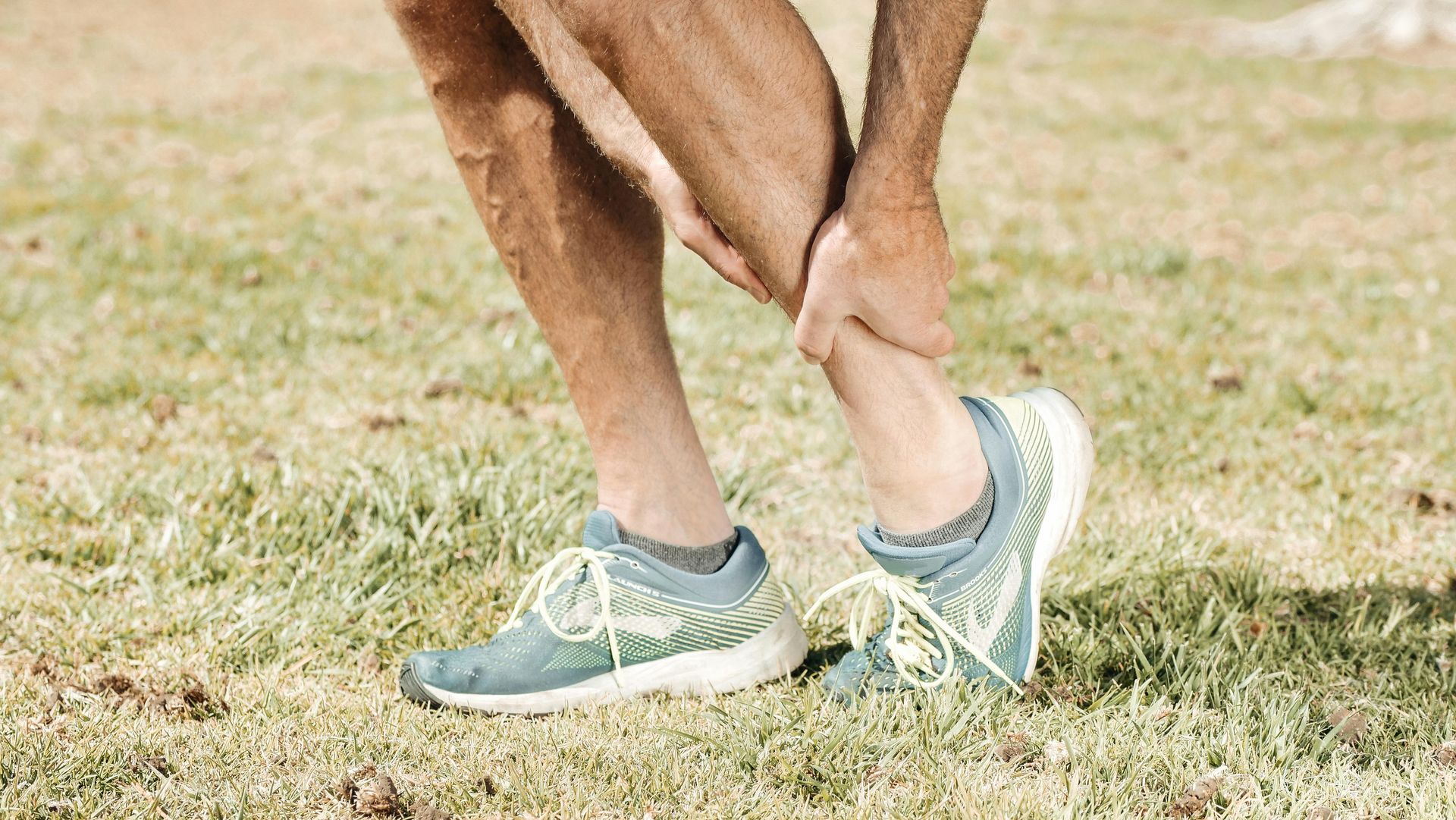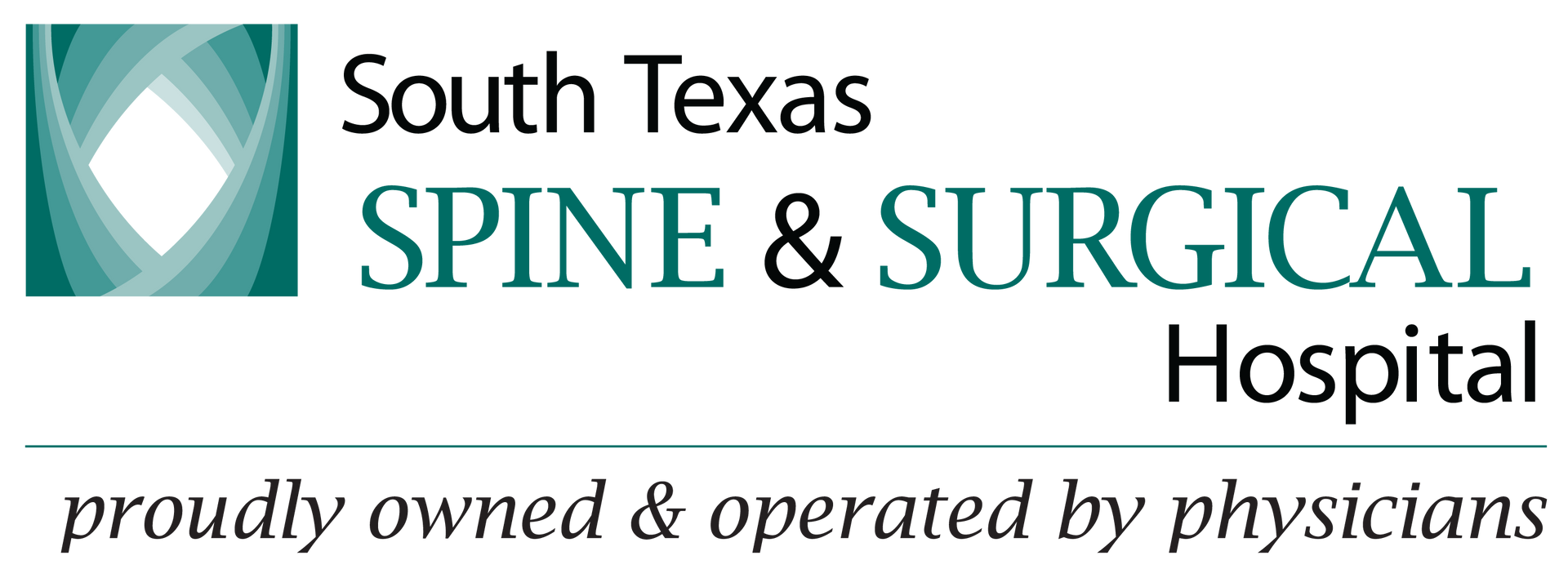Collaboration UTEP

Second Collaboration Between UTEP and Watershed Puts Engineering Students in Heart of Biomedical Innovation
EL PASO, Texas – After a tremendously successful first course in the Fall of 2016, The University of Texas at El Paso (UTEP) and Watershed Idea Foundry are underway training the next wave of mechanical engineering students in the principles of biomedical device design.
The innovative public-private class gives 36 senior-level mechanical engineering students the opportunity to learn from Watershed engineers and surgeons. Following nearly four months of instruction, the students will present final projects at the end of the semester focused on orthopedic designs that include general biomedical principles with broad applicability.
“Today’s technological advances have yielded tremendous opportunities for the engineering community to create truly life-changing innovations in surgical applications,” said Nick Cordaro, CEO of Watershed. “The only limits are our imaginations, and the program at UTEP is spurring the imaginations of some talented students who will undoubtedly push the bar even higher in the healthcare medical device design field.”
The Orthopedic Medical Device Design course incorporates medical device design with proficiencies of working within healthcare requirements and Food and Drug Administration (FDA) compliance. During the course, students utilize traditional manufacturing methods, with a basic introduction to quality control, and adapt them to more advanced manufacturing methods such as additive manufacturing and 3D printing to make life-improving orthopedic devices.
Over the 15-week class, students design and develop their spinal implant, conduct three design review presentations, complete a design history file, and test prototypes of their designs. To further enrich the class, Watershed provided guest lecturers such as San Antonio’s renowned spine surgeon, Dr. Frank K. Kuwamura, III, M.D., to share real-world experiences designing and using medical devices, particularly with regards to how mechanical engineering concepts are applied to human anatomy.
“Besides being a unique learning opportunity for these students,” said Ryan Wicker, Ph.D., P.E., professor of mechanical engineering and director of UTEP’s W.M. Keck Center for 3D Innovation, “the class also provides a differentiator in job interviews as they enter the market. Our students will have the ability to demonstrate knowledge learned from the curriculum by showcasing their final project designs.”

Over the 15-week class, students design and develop their spinal implant, conduct three design review presentations, complete a design history file, and test prototypes of their designs. To further enrich the class, Watershed provided guest lecturers such as San Antonio’s renowned spine surgeon, Dr. Frank K. Kuwamura, III, M.D., to share real-world experiences designing and using medical devices, particularly with regards to how mechanical engineering concepts are applied to human anatomy.
“Besides being a unique learning opportunity for these students,” said Ryan Wicker, Ph.D., P.E., professor of mechanical engineering and director of UTEP’s W.M. Keck Center for 3D Innovation, “the class also provides a differentiator in job interviews as they enter the market. Our students will have the ability to demonstrate knowledge learned from the curriculum by showcasing their final project designs.”
TAGS: #UTEP





